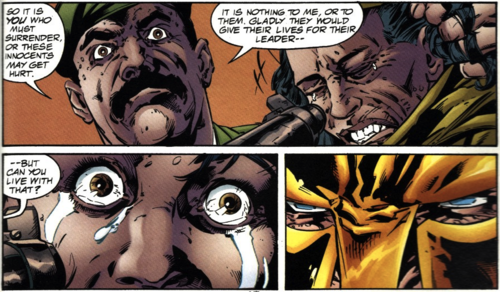No one except John Kiriakou is being held accountable for America’s torture policy. And John Kiriakou didn’t torture anyone, he just blew the whistle on it.
In a Galaxy Far, Far Away
The United States sanctioned acts of torture by the Central Intelligence Agency and others. The acts took place in secret prisons (“black sites”) against persons detained indefinitely without trial. They were described in detail and explicitly authorized in a series of secret torture memos drafted by John Yoo, Jay Bybee, and Steven Bradbury, senior lawyers in the DOJ’s Office of Legal Counsel. (Office of Legal Counsel attorneys technically answer directly to the DOJ, which is supposed to be independent from the White House, but obviously was not in this case.) Not one of those men, or their Justice Department bosses, has been held accountable for their actions.
Some tortured prisoners were killed by the CIA. Attorney General Eric Holder announced recently that no one would be held accountable for those murders either. “Based on the fully developed factual record concerning the two deaths,” he said, “the Department has declined prosecution because the admissible evidence would not be sufficient to obtain and sustain a conviction beyond a reasonable doubt.”
Jose Rodriguez, a senior CIA official, admitted destroying videotapes of potentially admissible evidence, showing the torture of captives by operatives of the U.S. government at a secret prison thought to be located at a Vietnam-War-era airbase in Thailand. He was not held accountable for deep-sixing this evidence, nor for his role in the torture of human beings.
John Kiriakou Alone
The one man in the whole archipelago of America’s secret horrors who went to jail is former CIA officer John Kiriakou. Of the untold numbers of men and women involved in the whole nightmare show of those years, only one.
And of course, he didn’t torture anyone.
Continue reading “Torture and the Myth of Never Again: The Persecution of John Kiriakou”





